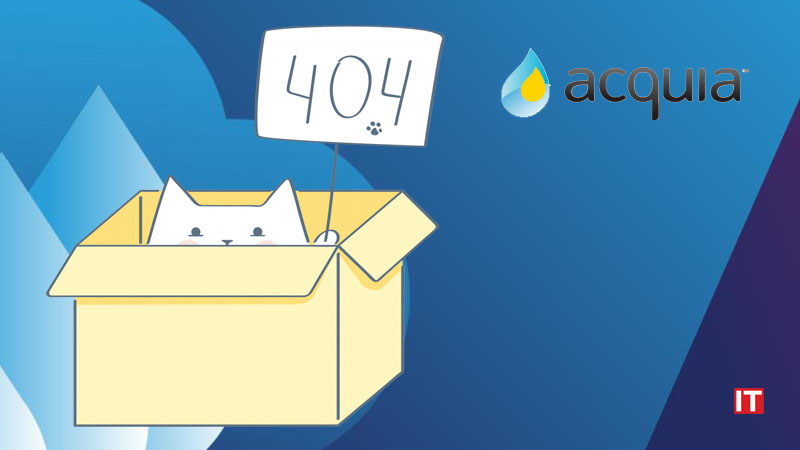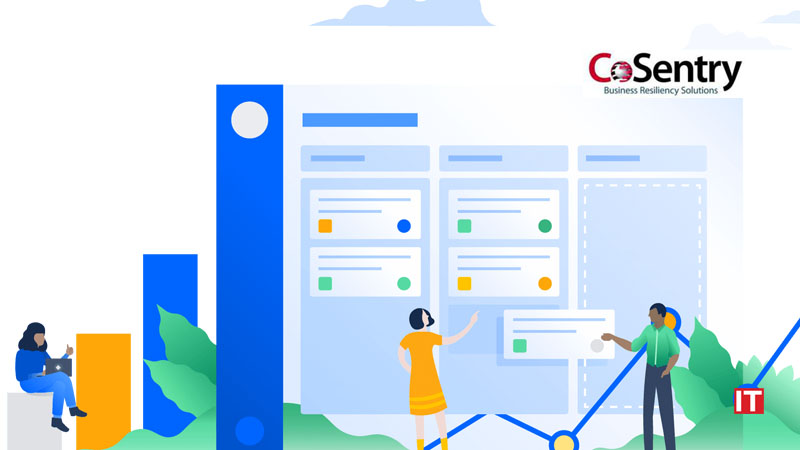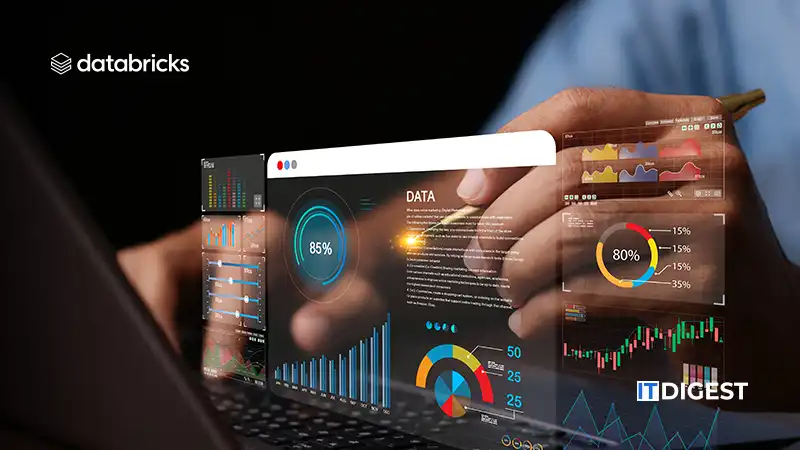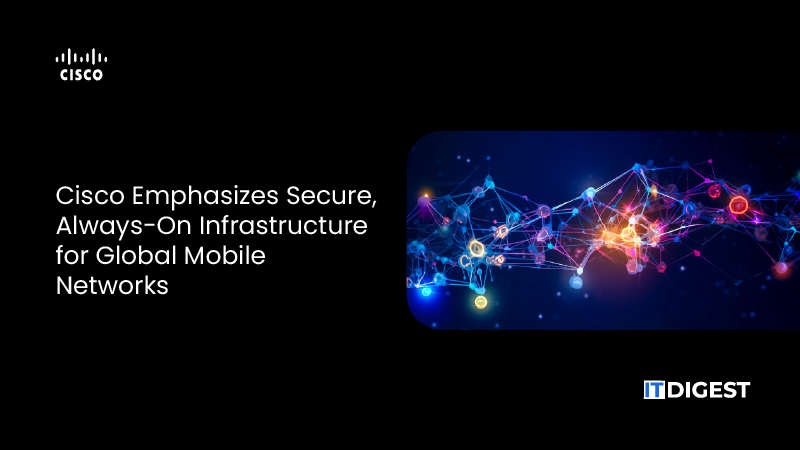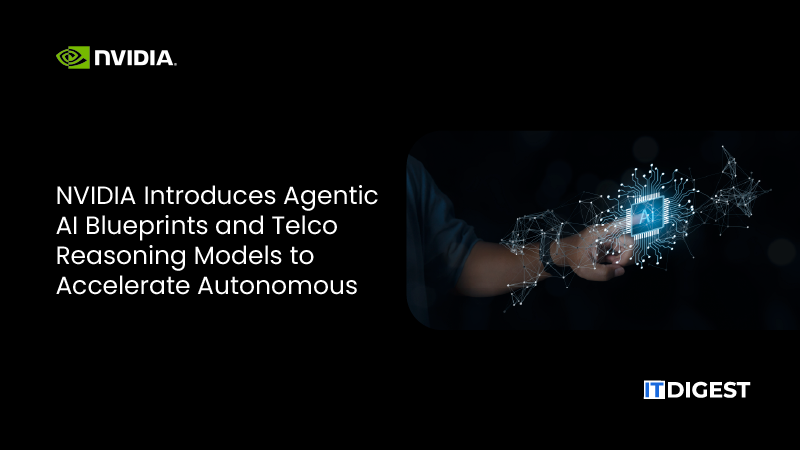SUMA Wealth, the leading fintech company for young U.S. Latinos announced that it has added blockchain-based attendance and achievement verification to its Dinero Bootcamp, the signature experience of the company’s SUMA Academy. The new program is offered in partnership with Arizona State University, which will offer verified Certificates of Completion to graduates. Certificate recipients will unlock access to additional classes and perks within the SUMA educational system.
“We’re meeting young Latinos where they live – online,” said Beatríz Acevedo, CEO and co-founder of SUMA Wealth. “We’ve created an in-culture digital campus in our SUMAverse where they can connect with each other, learn about finance, and earn perks and privileges.” She added, “Earning later means learning now. We’re building the future of financial education as we build the future of financial technology. This is just the first of our tools to do that.”
Also Read: Panaya and Cognitus Announce Strategic Partnership for SAP S/4HANA Transformation
The new initiative is part of SUMA’s push to eradicate the Latino Wealth Gap by giving Millennial and Generation Z Latinos the financial knowledge needed to save, invest and grow wealth for themselves, their families and their communities. SUMA Academy programs provide fundamental financial knowledge in an engaging, culturally relevant way using SUMA’s signature mix of content, community and suite of financial technology tools. Participants can join the Dinero Bootcamp free of charge by enrolling here.
Providing financial education to Latinos in a future-forward digital format is critical for them, and for the US economy. They are the engine of economic growth: Latino consumption grew 50% more than non-Latino whites over the last decade, 51% of the population growth came from Latinos, and they launched more businesses than any other group (50% of all net new startups). Connecting with them digitally is the most effective way, as they are the most digital-forward of all Americans – 71% of Latinos are early tech adopters vs only 58% of non-Latinos.
“We’re thrilled to partner with SUMA Wealth on our shared mission of financial inclusion and access to Latino learners. We are meeting learners where they are, delivering powerful content through innovative channels in digestible formats,” said Maria Anguiano, Executive Vice President at Arizona State University’s Learning Enterprise. “Validating the educational achievements of SUMA’s Dinero Bootcamp Learners creates impactful, upward mobility for learners. They can leverage their certificates in resumes, portfolios and job applications – translating a learning experience into an earning experience.”
The first 1000 students of all cohorts to successfully complete the Dinero Bootcamp course will receive “Baller of the Class” badges, which are based on Non-Fungible Tokens (NFTs). The NFT badges are based on Proof of Attendance Protocol (POAP), which demonstrates attendance and achievement in subjects including budgeting, saving, establishing or improving credit, reducing debt, investing, and building net worth.
Badge recipients unlock access to additional features like 1:1 mentorships; premium access to events and other experiences on the digital campus. The ASU Learning Enterprise- certificates and SUMA’s certified badges boost graduate credentials when applying for schools, jobs or credit.
“This is personal for me,” said Mary Hernandez, COO and Chief Growth Officer of SUMA Wealth. “Like tens of millions of others from our community, my parents were immigrants who came here to work hard and achieve the American dream. As a kid, I helped them translate, negotiate, read mortgage docs and to this day continue to help them with their finances. SUMA exists to serve everybody in the same situation.” She added, “SUMA is a place where Latinos belong, built by us for us.”
About SUMA Wealth
SUMA Wealth is the leading financial technology company devoted to increasing prosperity, opportunity, and financial inclusion for young U.S. Latinos. SUMA’s innovative approach deploys technology to build financial tools that are engaging, culturally relevant, and useful to the community.


